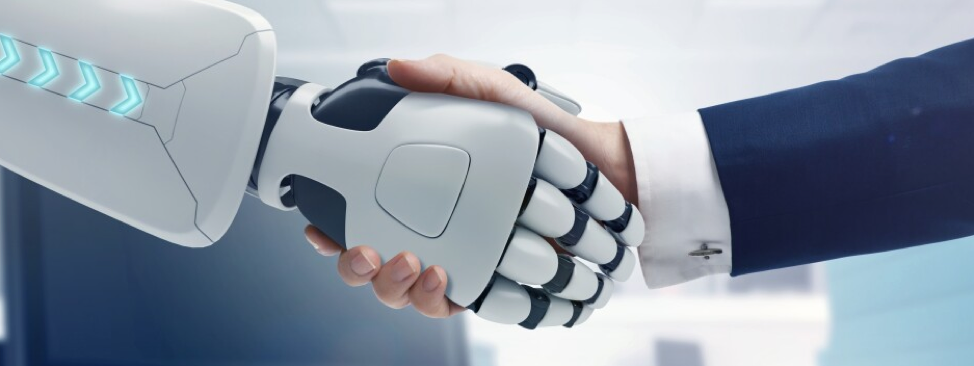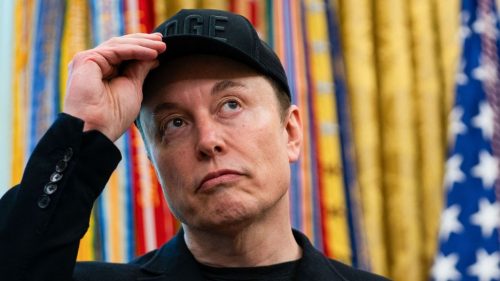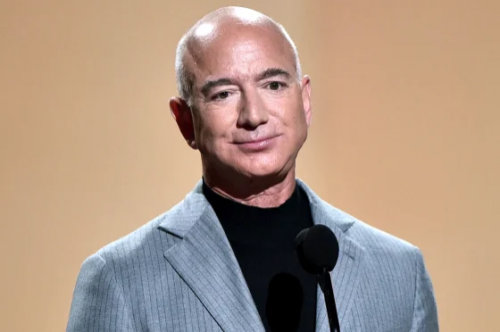Chief technology officers should follow the do no harm mantra of the Hippocratic Oath when incorporating artificial intelligence software into company platforms.
While an overarching goal of introducing AI is to increase efficiencies or remove biases, there are often unexpected consequences when good ideas unintentionally cause harm.
For example, use of facial recognition technology to identify criminal suspects can sometimes result in the arrest (or worse) of an innocent person. Or the development of a weaponized drone for the military that falls into the wrong hands can stray far from the developer’s original intention.
Most of corporate America likely won’t be using facial recognition software or weaponized drones. However, many companies rolled out monitoring software during the pandemic to better keep track of where and how their employees were working remotely.
For some, AI was a great resource for building safety models that helped bring the workforce back to the office in a post-pandemic world. But for others, monitoring productivity in a remote workforce seemed like an invasion of privacy rather than ethical use of AI tools.
The original article was published at Bloomberg Law.
The Boston Global Forum (BGF), in collaboration with the United Nations Centennial Initiative, released a major work entitled Remaking the World – Toward an Age of Global Enlightenment. More than twenty distinguished leaders, scholars, analysts, and thinkers put forth unprecedented approaches to the challenges before us. These include President of the European Commission Ursula von der Leyen, Governor Michael Dukakis, Father of Internet Vint Cerf, Former Secretary of Defense Ash Carter, Harvard University Professors Joseph Nye and Thomas Patterson, MIT Professors Nazli Choucri and Alex ‘Sandy’ Pentland. The BGF introduced core concepts shaping pathbreaking international initiatives, notably, the Social Contract for the AI Age, an AI International Accord, the Global Alliance for Digital Governance, the AI World Society (AIWS) Ecosystem, and AIWS City.











